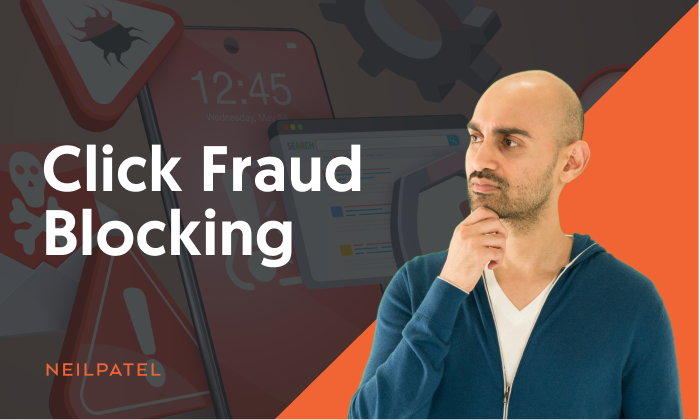How Fake Traffic Online Affects Real Life

By OliL
As more of our lives than ever are lived online, we rely more on online metrics and information. From likes and shares, to the news we read, how much of this digital information is reliable or real?
As the war in Ukraine has shown us, there is more call than ever to be wary of our information sources. In fact, wherever you are, chances are you’ve had some interaction with fake traffic online.
So how does this type of fake online traffic affect us in our day to day (real world) lives?
We’ll take a quick look at the types of fake traffic online, and how they impact us, our communities and the world.
Fake likes/social engagement
Not getting enough likes on your Instagram posts? Wish you had more re-tweets on Twitter? Well, you can always pay for it.
Fake likes and social media engagement have become one of the more insidious problems online. Although it might seem innocent to buy a few thousand likes, the knock-on effects of this fake traffic are actually pretty huge.
For example, it’s easy for someone to buy followers so that they can become an influencer and then leverage this power to con brands out of advertising. Considering that influencers can make thousands of dollars each month, these fake followers can be lucrative. Unless you’re the one doing the advertising, in which case you’re losing money by partnering with a fake influencer.
This form of fake traffic doesn’t just con advertisers either. People following fake influencers might think that a supposedly popular post has gained traction for legitimate reasons – but in fact is part of an elaborate con.
An example of this is the rise of scam crypto influencers. Many will ‘shill’ (aka promote) a project which, often for money. They will then inflate the engagement on their posts about this effectively worthless crypto project and then take a big bag of profit while their followers are left holding a worthless scam coin.
Troll factories
The Ukraine war has highlighted the world of troll factories, although it was something known to most people before. For those not in the know, troll factories are sources of misinformation or disinformation.
The Internet Research Agency is the best known Russian troll factory, and has been found to be behind a number of divisive campaigns. It’s been found that the Russian troll factories had a hand in the rise of the alt-right and Trump, Brexit and a number of other culturally divisive campaigns.
One study even finds that Troll factories aligned with the Kremlin hired bots to massively inflate engagement and reach. (source)
Interesting fact: fake news is spread much more widely than genuine facts. It’s been suggested that this is down to the sensationalist or clickbait nature of fake news, rather than the more lucid (and perhaps more ‘boring’) actual facts.
The upshot of all this? Fake …read more
Source:: Social Media Explorer






